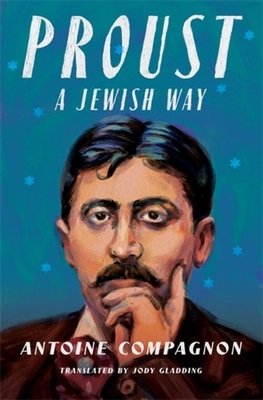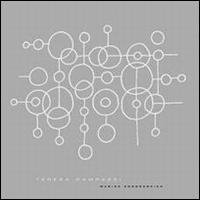
description
is no longer anybody, not even myself, since I cannot leave my bed, who will go along the Rue du Repos to visit the little Jewish cemetery where my grandfather, following a custom that he never understood, went for so many years to lay a stone on his parents' grave." Investigating the origin and significance of this statement, Antoine Compagnon offers new insight into the great author's underappreciated Jewish side. Compagnon traces Proust's ties to the French Jewish community, examining his relations with his mother's successful and assimilated family, the Weils. He explores how French Jews read and responded to Proust's masterpiece In Search of Lost Time in the 1920s and 1930s. Challenging contemporary critics who perceive self-hatred or even antisemitism in Proust's work, Compagnon shows that many Jewish intellectuals and young Zionists admired and vigorously debated the novel, some seeing it as a source for pride in their Jewish identity. He also considers Proust's portrayal of homosexuality and how it relates to notions of Jewishness. A work of remarkable erudition and deep research, Proust, a Jewish Way brings to light the vanished world of Proust's first Jewish readers and shows how it can illuminate our reading of the great novelist today.
member goods
No member items were found under this heading.
Return Policy
All sales are final
Shipping
No special shipping considerations available.
Shipping fees determined at checkout.







